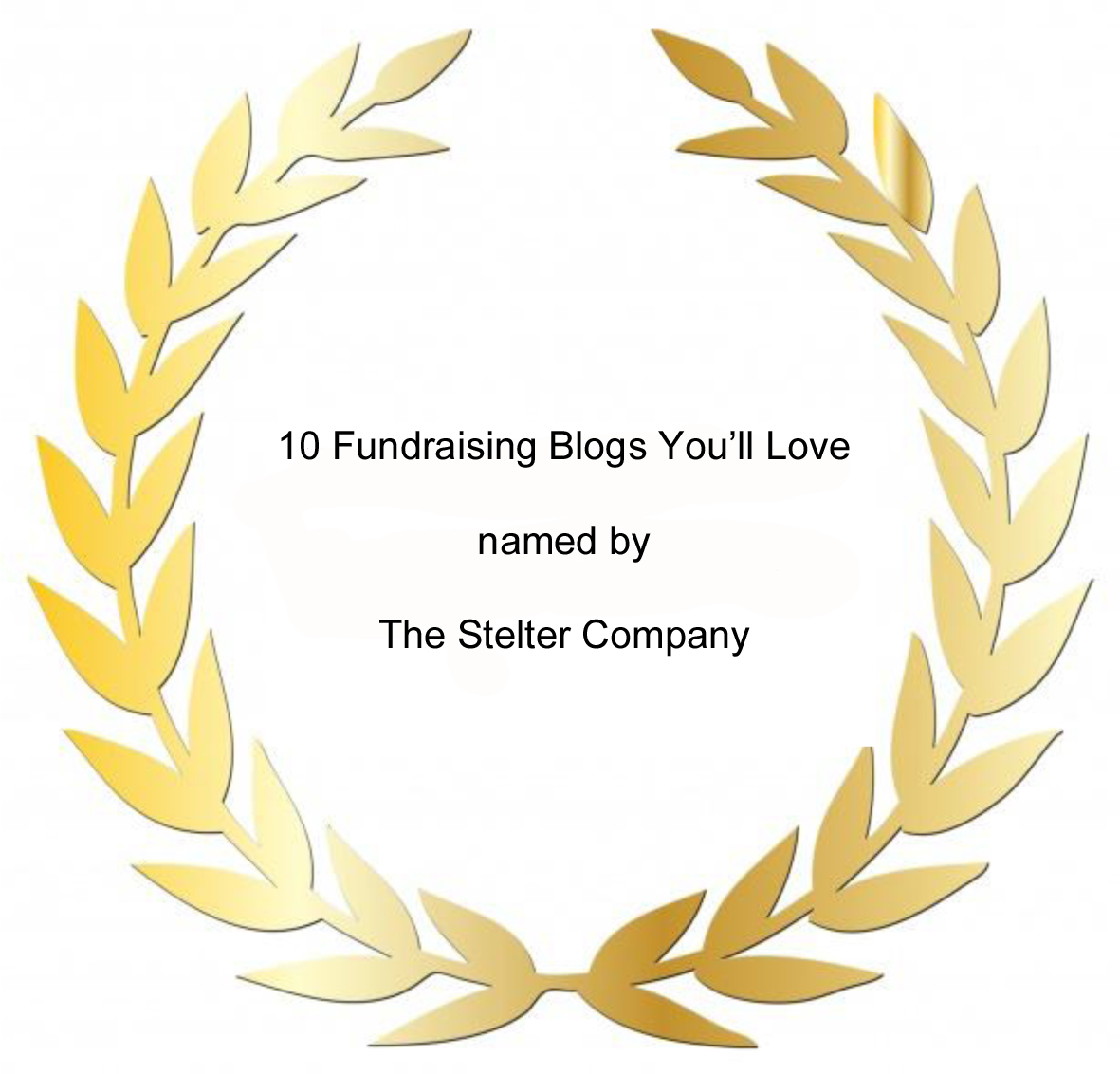I knew him for decades. He profoundly affected my life. Whether you know it or not, he affected your life, too. He dramatically changed the way nonprofit organizations approach fundraising. And he did so much more.
Unfortunately, we all experienced a loss when William P. Freyd, 87, passed away on August 20, 2020, following a long battle with Parkinson’s Disease.

William P. Freyd (1933 – 2020)
This month is the 47th anniversary of when Bill founded Institutional Development Counsel, a major-gift consulting practice. In 1977, Bill, and the company he created, went on to partner with Yale University on a trailblazing project. While fundraising phonathons, of one sort or another, have been with us for a very long time, telephone fundraising, as we know it today, can be traced back to that collaboration.
Bill developed the first personalized methodology for the public phase of a capital campaign. Yale combined the use of letters and telephone calls to simulate the steps used in major-gift cultivation and appeals. Since then, thousands of universities and medical centers have used the IDC Phone/Mail Telecommunications approach worldwide to raise millions. The company itself employed hundreds of people and inspired the creation of other telephone fundraising agencies, including my own.
In 1982, shortly after our innovative, successful work on the Temple University Centennial Challenge Campaign’s telephone program, Stephen Schatz and I founded Telefund Management, later renamed The Development Center. Because we were following in the footsteps of IDC and had other very good competitors, we had to continue to be innovative not only to survive but also to thrive. Good enough would never be good enough with Bill as a competitor. Yet, despite being competitors, we always found Bill to be friendly and fair during our own successful journey. I always appreciated that about him, along with his quick wit.










